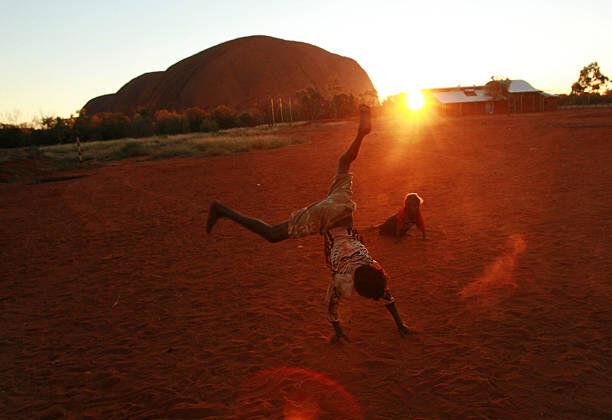Traditional owners in Northern Territory, Australia, are suing the state government to grant a water licence—the largest groundwater allocation in the state—to a controversial company with alleged ties with the Chinese Communist Party (CCP).
The 30-year licence gives Chinese company Fortune Agribusiness the right to use more than 40,000 megalitres, or 16,000 Olympic-sized swimming pools, worth of water each year in Australia for irrigation for its fruit and vegetable project.
Mpwerempwer Aboriginal Corporation has asked the Supreme Court to quash the decision, alleging that Northern Territory Families Minister Kate Worden’s decision to grant the licence was “seriously irrational”.
“Given the short time between delegation and decision, and the volume and technical nature of the materials, it may be inferred the minister cannot have properly considered (certain key) factors,” their court documents say.
Part-owner of the Chinese company Tommy Jiang is a political donor who the Australian Strategic Policy Institute has linked to the United Front Work Department, an arm of the CCP.
Through its efforts, the UFWD seeks to ensure that these individuals and groups are supportive of or valuable to the CCP’s interests and that potential critics remain divided.

Last April, Northern Territory’s water controller granted the water license to the Chinese company, against the wishes of some traditional owners.
Mpwerempwer believes that the loose wording of the conditions attached to the licence means that the carrying out of the proposal will be vastly different to what is outlined in the licence.
Traditional owner Michael Jones said the conditions in the water licence give Fortune rather than the locals the responsibility for assessing cultural values.
“All these places were made by Ngappa Wirnkarna (rain dreaming); all these places will be affected if there is no water,” Jones told The Australian.
“The story will still be there, still alive, the song will be there and still be sung, but we will be sad when we go to that place all dead.
“The story will be weaker for younger people because the places will be ruined. We take them to soakages that are gone and to country that is sick.”





